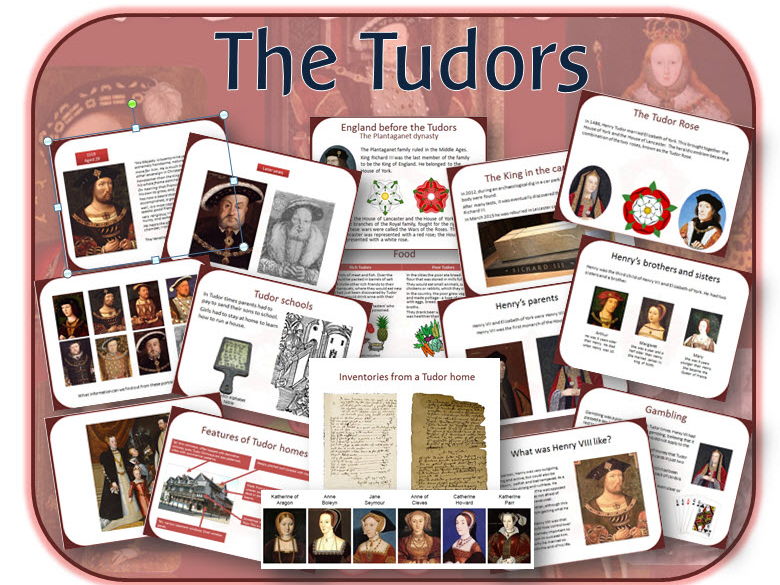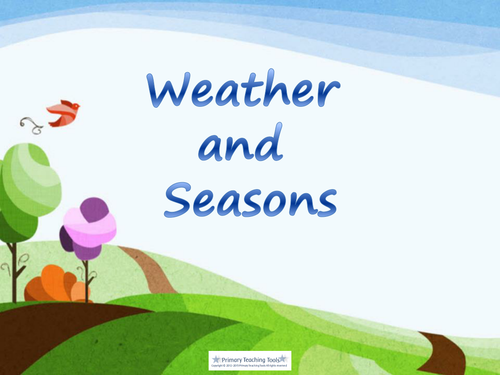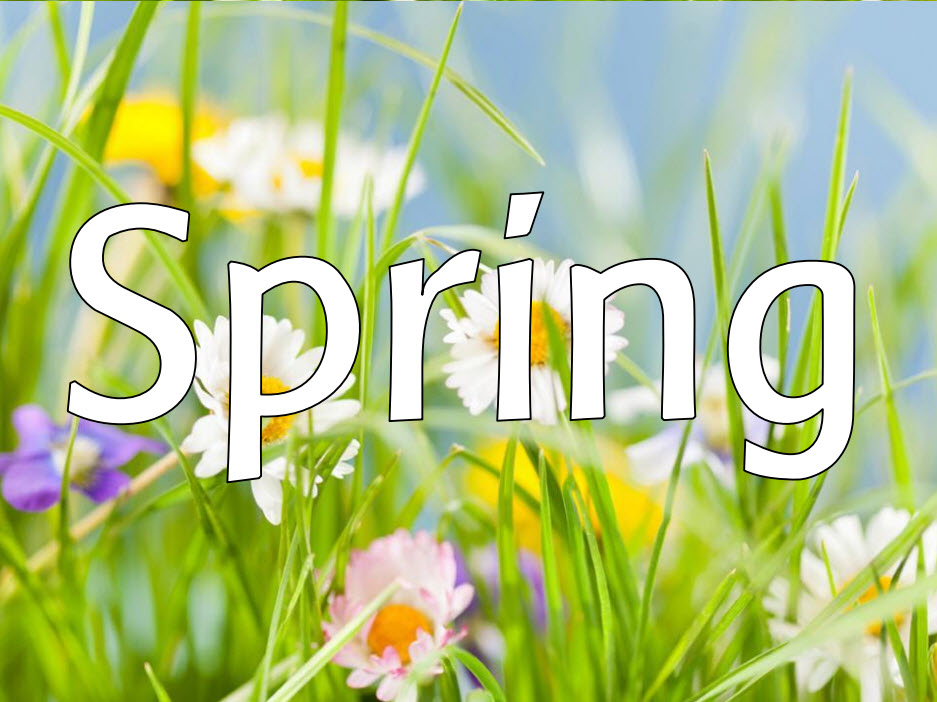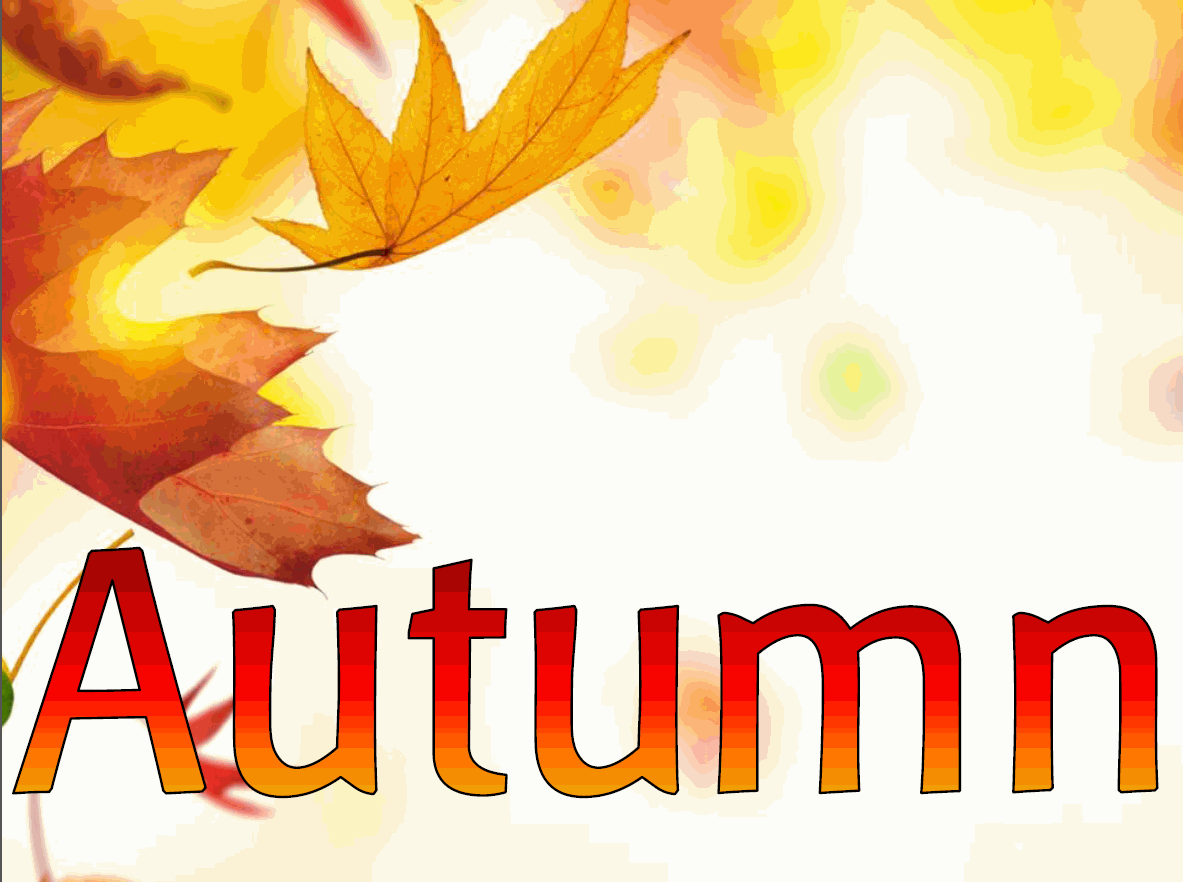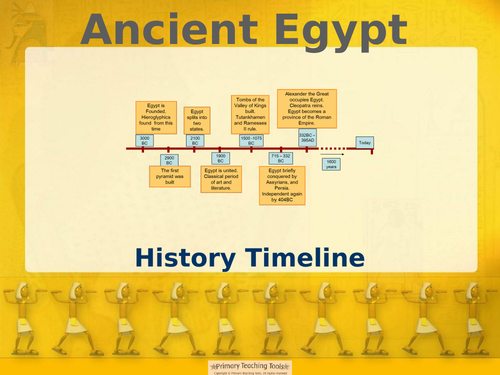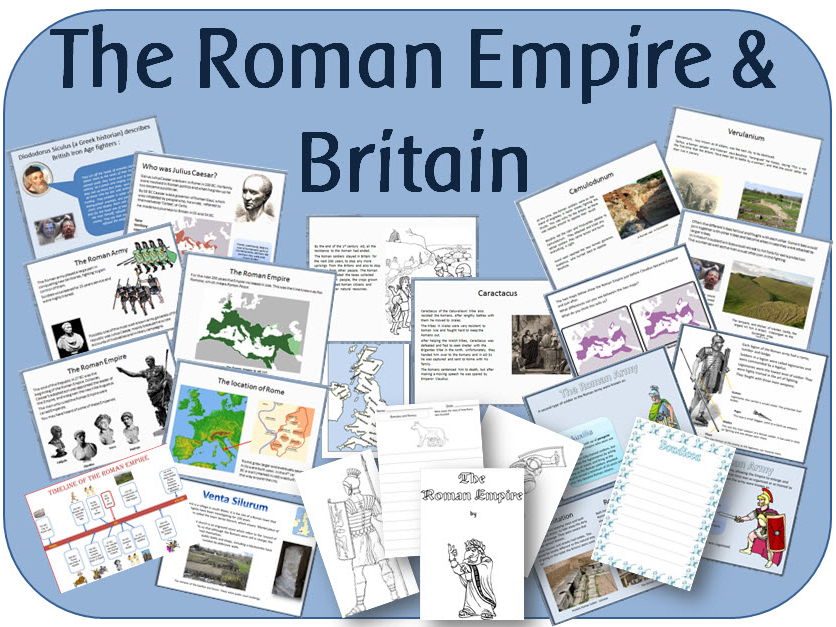
404Uploads
1067k+Views
681k+Downloads
All resources

Houses and Homes - what were homes like in Victorian times - powerpoints
A look at different types of homes, and what homes were like in the Victorian age

The Great Fire of London pack: Powerpoints, worksheets, wordmat, games display, activities.
POWERPOINTS:
Introduction: Looks at London and its location in the UK
London in the 17th century: What was it like in London long ago: Looks at the houses, materials and London Bridge
What was it like in the 1600s: Pictures and descriptions of rich and poor people; the Civil War; Charles II; and the Black Death
What happened in 1666 and how do we know about it: Samuel Pepys and John Evelyn, and a timeline
The Great Fire of London: Story in diary style about the events that happened during the fire with excerpts from Samuel Pepys diary; what happened after the fire: Rebuilding, Christopher Wren’s plans and a view of London then and now.
Questions: Asks children questions to recap learning, including an event ordering activity.
WORKSHEETS (IN PDF TO PRINT OUT)
Acrostic poem sheets x 3 different versions
Blank writing frame: To write about the different events of the fire
Cards - pictures and labels: Containing key vocabulary / characters etc. Can be used for card games and display.
Diary writing sheet
Newspaper report blank
Newspaper report - The London Gazette heading, with space for children to write a report
Sequencing pictures - 6 pictures to cut and stick in the order of events
Speech bubble questions - Can be used for writing activities or display
Topic covers x5: With and without pictures for the children to colour /design topic book front cover
Word Mat - with key vocabulary and pictures for the topic
Wordsearch x 2
Writing border x 3: Lined, plain and wider lines
Writing sheet x 4 with pictures of Samuel Pepys, John Evelyn, Fire scene and a 17th century house.
DISPLAY (IN PDF TO PRINT OUT)
A4 heading
A-Z lettering
Banner - The Great Fire of London - prints onto 2 pages
Display borders: 2 different versions, flames and Tower Bridge on fire
Photographs of modern London (14)
Pictures of the Fire of London
Portraits of people involved in the Great Fire of London
The London Gazette, reporting about the Fire
The Londoners Lamentation, a pamphlet written just after the fire
Timeline posters: 17 pages, including weather reports for each day.
Vocabulary display with pictures
Vocabulary cards

Castles & the Norman invasion - powerpoint lessons, worksheets and activities
A set of powerpoint lessons with an adaptable MT plan. The pack goes alongside the Castles activity/ worksheet pack

KS2 Topic The Victorians: powerpoint lesson pack
A look at life in Victorian times. The powerpoints cover:
Who were the Victorians and when did they live: Includes British timeline, Queen Victoria's life, and comparison of rich and poor family in Victorian times
Dr. Barnado: His life, and how he improved life for poor children.
Lord Shaftesbury: His life, and how he improved factory conditions, and education.
What was it like going to school at the end of the nineteenth century: What Victorian schools were like
How did different Victorian children use their spare time: Explains the different activities and toys of rich and poor children
Leisure time in the Victorian era: How the Victorians entertained themselves
What was life like for a poor child in the 1840's: Explains the different jobs poor children had to do, with photographic evidence, and links to online research.
Victorian Household objects: 11 photographs to look at and find clues.
Victorian Life: Photographs of Victorian Britain to look at and use for discussion points.

KS2 history topic The Tudors, Henry VIII and his wives - Powerpoint lessons and activities
A set of lessons and activities looking at the Tudors and Henry VIII
POWERPOINTS
Who were the Tudors?
Explains who the Tudors were, and when they lived. It shows a timeline of British history and where this period fits in. It looks at the Plantaganet dynasty who ruled before the Tudors. the Tudor Rose, how Henry Tudor defeated Richard III at Bosworth, and how the remains of Richard III have recently been discovered.
Who was Henry VIII?
Looks at his parents, his siblings, how he became king and a brief overview of his life.
What was Henry VIII like?
A look at different portraits of Henry showing how he changed over the years with contemporary descriptions of him at different times of his life.
Henry VIII's pastimes
Descriptions of all the pastimes Henry VIII did in his spare time
The wives of Henry VIII
The story of his marriages and wives over time in chronological order and explanations of why he married six times
What did Henry VIII do for his country?
A look at what life was like in Tudor times and how Henry made changes to: religion; the monasteries; the Navy & Mary Rose; coastal defences; Government and the union of Wales and England.
The poor in Tudor times
How the poor lived in Tudor times; it explains the hierarchy of Tudor society, unemployment, workhouses, almshouses and the Poor Laws. It describes poor Tudor homes, punishments and disease amongst the poor.
The lives of rich Tudors
Explains how we know much more about the lives of rich Tudors compared to the poor. It looks at what the rich ate; what they did in their leisure time; schools; clothing; punishments; homes (including styles and rooms). It shows images of two inventories from Tudor homes with a transcription.
How different were the lives of rich and poor Tudors?
Compares different aspects of the two groups: jobs; clothes; homes; food; education and entertainment.
Edward VI
His life story
Mary Tudor
Her life story
Elizabeth I
Her life story
Tudor fun activities and facts
Tudor recipes, facts and origins of words and phrases.
WORKSHEETS/ PRINTABLE RESOURCES IN PDF
Description of Henry VIII: Description written by the Venetian Ambassador in 1519
Difference between rich and poor Tudors: For recording
Farringdon inventory
Inventory of Clement Swallow
Portraits of Henry VIII: 10 different portraits to compare how he looked over the years
Rich and Poor Tudor pictures
The House of Tudor: Pictorial family tree
Tudor family portraits: Henry VII, Elizabeth of York, Henry VIII, Mary I, Elizabeth I and Edward VI on one A4 sheet
Wadley inventory
Wives of Henry VIII: Small portraits

World War One powerpoint lessons, display and activities
A set of resources looking at life during WWI with a medium term plan.
1 Britain before the war
Powerpoint looks at:
The monarchy and the British Empire
Women
Rich and poor
Houses and homes
Fashion
Travel and transport
Entertainment
School
Activity: Images of life before WWI
2 Causes of the war
Powerpoint looks at:
What is war?
What were the causes of the First World War?
Activity: Blank map of Europe to label the countries involved in WWI
3. World War I timeline
Powerpoint gives an overview of the main battles and events that occured in World War One.
Activity: A blank timeline for the children to do further research for a display.
4. What was life like for soldiers in the First World War?
Powerpoint looks at:
The Western Front
Trenches and Trench Warfare
Trench Foot
Lice
Rats
Shell Shock
Food
Prisoners of war
Dogs
Hospitals
Remembrance Day
Activity: Excerpts from a book by C. Leroy Baldridge
5. The Armed Forces
Powerpoint briefly looks at the Royal Navy, the Army, and the Air Force during the war.
6. Life in Britain - The Home Front
The 50 page PowerPoint can be split into separate lessons:
Defence of the Realm Act
Women during the war
Life for children during the war
Recruitment and conscription
Food shortages
Air raids
Propaganda
Armistice Day
Plus an A4 heading and a 4 page title for display.

World War II & VE day - powerpoint lessons covering different aspects of WW II
A set of 9 powerpoint files looking at life during WWII:
The Second World War: An introduction to the causes
The Blitz: Description of what it was, and what happened during the bombings.
Why were children evacuated?: The reasons why
What was it like to be an evacuee: Experiences of children, with web-links
What did people eat during the war?: Explains why rationing occurred, what kinds of food/meals people had.
Women in WW2: What jobs women did
What did children & adults do in WW2: Ways of life and pastimes
What was it like for people who fought in WWII: Lots of pictures to look at and think about what life was like for soldiers.
Children of WW2: Thought-provoking pictures.
VE Day: A recap of the main events of WWII and what happened on VE day.

The Ancient Greeks / Greece pack: Powerpoints, activities, worksheets
POWERPOINT LESSONS:
Looking at evidence: Lots of images relating to Ancient Greece. Can be used as an introduction to the topic or to teach different ways of looking and finding out about the past.
Where and when was Ancient Greece: An introduction to the topic, looking at where Greece is located, its climate, and the effect this had on the Ancient Greeks; a timeline demonstrating AD and BC; and the first people to inhabit Greece.
Athens and Sparta: The similarities and difference between the two city states, including government, slaves, geography, buildings, army, wealth, education, girls, and territory. Ends with an activity matching the statements to either Athens or Sparta.
Ancient Greek Fighters: What made the Greeks so powerful, explains about hoplites, triremes, ships, soldiers etc.
The Battle of Marathon: Was it a victory for the Ancient Greeks? Looks at how it started,what caused it, and how the Ancient Greeks won. Shows artefacts found in Marathon, and asks what the Athenians and Spartans would have thought about the victory. Explains how it relates to marathons today.
Who did the Ancient Greeks worship and why: Explains the story of the Greek gods, from Chaos, to the Olympian gods. Includes a page on each of the gods; Zeus, Athena, Hera, Ares, Aphrodite, Apollo, Poseiden, Artemis, Demeter, Dionysus, Hephaestus, Hermes, Hades.
The Theatre: The origins of Greek theatre; the Acropolis, Theatre of Dionysus, The Odeon of Herodes Atticus. Explains what went on in the theatre, and how it was organised, with a questionnaire at the end.
The Olympic Games: The story of how they began.
Ancient Greek Legacies: A look at the achievements of the Ancient Greeks and their influence on the western world.
PRINTABLE WORKSHEETS AND ACTIVITIES (pdf): All activities accompany the powerpoint lessons above
What I already know/What I would like to find out about Ancient Greece
Ancient Greece fact file
Athens or Sparta fact files
Hoplites
The Battle of Marathon fact sheet
The theatre question sheet
Ancient Olympic buildings
How the Olympic games started
The events in the ancient Olympics
Ancient Greek achievements fact finding sheets x 3
Topic covers x 4
Writing sheets: Greek column design.
PLUS (in word)
An adaptable outline medium term plan

Y1 Science - Weather and seasons
An overview of weather and seasons, to use alongside the individual spring, summer, autumn and winter packs.

Y1 Science topic - Seasons - Spring topic powerpoint, display and activities
A set of resources looking at different aspects of spring - the weather, animals, plants etc.
The spring powerpoint covers objectives in the Y1 science curriculum, looking at the season of spring and how the weather and day length varies.
Also in the set are photographs, vocabulary cards, headings, lettering, borders etc.

Y1 Science topic - Seasons - Winter powerpoint, display and activities
A set of resources following the 2014 curriculum, looking at the season of Winter and how the weather and day length varies.

Y1 Science topic - Seasons - Autumn topic powerpoint, display and activities
A set of resources following the 2014 curriculum, looking at the season of Autumn and how the weather and day length varies.

Achievements of the earliest civilizations - lessons, activities, planning & display
An overview of when and where the first civilizations appeared with a closer look at Mesopotamia, Ancient Sumer and Ancient Egypt.
POWERPOINT LESSONS:
What are ancient civilizations: An introduction to the topic, explaining the meanings of ancient and civilization
The development of early civilizations: Explains how humans developed from living as hunter-gatherers to becoming farmers and the change from moving around to living in villages, towns and cities.
Early civilizations: Looks at the locations and dates of the main early civilizations. There are details on Mesopotamia, Ancient Egypt, Peru, the Yellow River, the Indus Valley and Mesoamerica.
History of Mesopotamia & Ancient Sumer: A 15 page powerpoint looking in detail at Mesopotamia and Ancient Sumer.
History of Ancient Egypt: A 25 page powerpoint looking in detail at Ancient Egypt, the three Kingdoms, the River Nile, houses, medicine,etc.
ACTIVITIES (pdf)
What I already know/would like to find out about ancient civilizations: To record for AfL
The development of early civilizations writing sheets: Bordered sheets
Ancient civilizations fact file template: To find and record information, one with headings, one with blank boxes to adapt
Topic covers x 4 Ancient civilizations
Topic covers x 4 Ancient Egypt
Topic covers x 4 Ancient Sumer
Writing border x 4: Each of the 4 designs has a blank page, a lined page and a half lined page. The border designs are Tut, Enki, Pyramids & Ur
ACTIVITIES (word)
Ancient Sumer fact finding sheets: 7 different sheets for finding out and recording information under specific headings. Can be used as a template to write a report or for different groups to find information.
Ancient Egypt fact finding sheets: 10 different sheets as above.
Plus a medium term plan in word with activities and web links.

Ancient Egypt KS2 - Powerpoint lessons and 22 illustrations of Egyptian life
A set of 15 different PowerPoint lessons on different aspects of life in Ancient Egypt:
WHAT DO WE ALREADY KNOW ABOUT ANCIENT EGYPT
BRIEF HISTORY OF ANCIENT EGYPTIAN KINGDOMS
GEOGRAPHY AND LANDSCAPE OF ANCIENT EGYPT
ANCIENT EGYPTIAN CIVILIZATION:
ANCIENT EGYPTIAN ART
ANCIENT EGYPTIAN BELIEFS
ANCIENT EGYPTIAN MEDICINE
DAILY LIFE IN ANCIENT EGYPT
HIEROGLYPHICS
MUMMIES AND THE AFTERLIFE
PHARAOHS
RAMSES II
SOCIETY OF ANCIENT EGYPT
THE PYRAMIDS
WHAT SURVIVED FROM ANCIENT EGYPT
Plus a 22 page page pdf file with different black and white illustrations of different Ancient Egyptian everyday life scenes.

King John & Magna Carta - Powerpoint, activities and display
POWERPOINTS
KING JOHN AND MAGNA CARTA: A 26 page powerpoint in 3 sections
Life at the beginning of the 13th century: A look at what medieval life was like in England, inludes feudalism, manors, markets, monasteries, peasants and wars
Who ruled England at the beginning of the 13th century: The first Plantagenet Kings, Henry II and Richard I; King John, whether he was a good or bad king, the reasons the barons rebelled and wrote the Magna Carta, civil war, the death of King John..
The Magna Carta: A look at why it was written, what was in it, and its relevance today.
CLAUSES FROM THE MAGNA CARTA: 12 Clauses from the document; can be viewed as a show or print out for display.
ACTIVITIES
Topic front cover x 2
Writing border - King John
Writing border - Magna Carta
Medieval battles writing/recording sheet
Medieval village peasant life x 3 writing/recording sheets
Parchment: For the children to write their own clauses
Magna Carta (in word, translated copies)
DISPLAY
A4 Heading
Banner: Prints onto 2 A4 sheets
Lettering (A-Z with Magna Carta background)
Display borders
PLUS an outline planning document.

Queen Victoria and Queen Elizabeth I Powerpoint lessons
A look at the lives of Queen Victoria and Queen Elizabeth I and how they contributed to national and international achievements.
The pack also looks at life in Tudor and Victorian times, comparing aspects of life that are similar and different.
Also contains a medium term plan.

The Viking & Anglo-Saxon struggle for the Kingdom of England:powerpoints, worksheets, activities
A series of PowerPoint lessons, worksheets and activities to teach how the Vikings and Anglo-Saxons fought for the Kingdom of England up to the time of Edward the Confessor.
POWERPOINTS:
1) ANGLO-SAXON ENGLAND AD 780
Life in in England before the main arrival of the Vikings towards the end of the 8th century / How the Anglo-Saxons lived / How the towns were structured / The importance of the monks.
2) VIKING RAIDS AND INVASIONS AD 797 - 783
Timeline / Introduces the Anglo-Saxon Chronicle as evidence / The first known attack on Britain by the Vikings / The second attack on Lindisfarne/Holy Island / Viking longships / Viking warriors and equipment / Beginning of Viking settlement in England
3) THE VIKINGS SETTLE & ALFRED FIGHTS BACK AD 866 - 927
Viking invasions and settlement / The Heathen Army / York / King Alfred / Guthrum / Danelaw / Alfred the Great and his fight against the Vikings / Edward the Elder / Athelstan / The Battle of Brunanburh
4) VIKING DAILY LIFE
Family life / Clothing / Homes / Daily life / Viking law / Music / Food / Sport / Arts and crafts / Viking beliefs, Asgard and gods, days of the week named after Viking gods / Viking burials
5) ATHELSTAN, ETHELRED AND ANGLO-SAXON LAWS AD 927 - AD 991
Athelstan and government of England / The Witan / Hundreds / Moots / Reeves / Laws / / Punishments / Wergild / Ethelread the Unready
6) THE RETURN AND END OF THE VIKINGS AD 991 - 1066
Further Viking raids / St. Brice's Day massacre / Sweyn Forkbeard / King Canute / Edward the Confessor / Harold Godwinson / William the Conqueror / The Battle of Hastings / The end of the Viking era
7) LOOKING AT EVIDENCE
Place names / Viking sagas / Anglo-Saxon Chronicles / Surnames and DNA / The Bayeux Tapestry / Archaeology / Treasure discoveries / Runestones
RESOURCES TO PRINT (pdf): Most sheets are open-ended worksheets, with an image and lines for research, reports etc.
What I already know about the Anglo-Saxons and Vikings
What I would like to find out about the Vikings
The arrival of the Vikings
The Vikings attack the monasteries
Danelaw
King Alfred the Great
The Heathen Army
The Treaty of Wedmore
Viking daily life
Anglo-Saxon laws
Athelstan
Ethelred the Unready
Battle of Hastings
Battle of Stanford Bridge
Death of King Harold
Edward the Confessor
King Harold
The Vikings return
Bayeux Tapestry
Viking place names
Viking runes
Topic covers x 3
Viking ships
Viking warriors
Writing border - Edward the Confessor
Writing border - Viking ship
Plus a copy of the Anglo-Saxon Chronicle (in Word)
Vikings & Anglo-Saxons medium term adaptable plan, with web links.

Britain's settlement by Anglo-Saxons and Scots: PowerPoint lessons, worksheets & topic plan
A series of lessons to cover the objectives in the history curriculum 2014:
POWERPOINTS
Romans and Scots: A look at the Roman withdrawal from Britain in around AD 410, the fall of the western Roman Empire due to barbarian attacks and the Scots invasions from Ireland to north Britain.
The Anglo Saxons (invasions, settlements and kingdoms: place names and village life): A 38 page powerpoint with a contents page so it can be taught as an overview or an in-depth study. Introduces the topic with a timeline and a map showing where the Angles, Saxons and Jutes came from and where they settled in Britain. Looks at the seven main Anglo-Saxon kingdoms of Essex, Kent, Sussex, Wessex, East Anglia, Mercia and Northumbria, showing maps of each region and giving information on important kings. Mentions the current debate about whether Britain was invaded or peacefully settled by the Anglo-Saxons. Gives examples of place names and a list of Anglo-Saxon words and their meanings that many place names have originated from. Ends with a look at Anglo-Saxon village life.
Anglo-Saxon art and culture: Includes the Anglo-Saxon runic alphabet, literature such as Beowulf and the Anglo-Saxon Chronicles, the Bayeux Tapestry, and looks closely at Anglo-Saxon art
Christian conversion: Explains the pagan religion of the Anglo-Saxons then the rise of Christianity in Britain from monasteries in Iona, Lindisfarne and Canterbury. Explains the difference between the Celtic Christianity and the Roman Christianity, and how problems were solved at the Synod of Whitby.
Sutton Hoo discovery: An in-depth look at the ship burial at Sutton Hoo and the artefacts found.
WORKSHEETS AND ACTIVITIES
Topic booklet covers
What I know about the Romans & Anglo-Saxons
Dal Riata writing templates
Romans writing template
Anglo-Saxon arrival in Britain
Anglo-Saxon kingdoms map
Anglo-Saxon place names
The Anglo-Saxon Chronicles (in English)
The story of Beowulf (English translation)
Writing with runes
Calligraphic writing x 2 versions
Illuminated letters: Large letters to colour like the monks
Iona, Canterbury and Lindisfarne worksheet
Writing border - saints
Writing sheet - monks
Blank map
Writing border - Anglo-Saxons
Writing border - monks

The Roman Empire and its impact on Britain pack - Powerpoints , activities and worksheets
POWERPOINTS:
THE ROMAN EMPIRE INTRODUCTION: Introduces the topic by putting the era in context with the Stone Age, Bronze Age and Iron Age in Britain, on a timeline. It includes an explanation of how Rome was founded, where it is, and how it changed from a kingdom to a republic and then an empire.
JULIUS CAESAR: Explains who Julius Caesar was and the attempted invasions in 55 and 54BC.
THE ROMAN EMPIRE BY AD 42: Begins by discussing the assassination of Julius Caesar and the formation of the Roman Empire. Looks at the first Emperor, Augustus, mentions Tiberius and Caligula, then talks about Claudius and how he gained power. Then looks at the Roman way of life in the Empire, how powerful it was and what area it covered.
THE ROMAN ARMY: Investigates how the Roman Army was made up; of centuria, cohorts and legions; and auxiliary soldiers.Looks at how they were trained, what types of jobs they did, and why nobody could beat them in battle.
THE ROMAN INVASION OF BRITAIN: A detailed account of the invasion by Claudius in AD 43, British resistance by Boudicca and Caractacus, Hadrian's Wall, and the end of Roman rule.
THE ROMANISATION OF BRITAIN: Looks at how the Romans build civitas, or towns for different tribes in Britain, looking briefly at Caerwent. Explains and gives examples of Roman technology, culture and beliefs and what lasting impacts they have had.
TIMELINE OF THE ROMAN EMPIRE: A 1 page timeline, can be printed or viewed as an animated show.
TRIBES CONQUERED BY THE ROMANS: A 4 page presentation, detailing how the Romans conquered each tribe in Britain. Can be printed or viewed as a show.
WORKSHEETS:
Roman Empire topic covers x 4
What I already know / would like to find out about the Roman Empire
Worksheet - Romulus and Remus
Writing sheets - Julius Caesar (lined and unlined)
Blank map of Europe
Worksheet - living in the Roman Empire in AD 42
Design a Roman scutum
Worksheet - weapons of a Roman soldier
Pictures of Roman soldiers in black and white
Writing sheets - The Roman Army (lined and unlined)
Map of tribes in Britain
Tribes in the local area
Worksheet - Living in Britain in the Iron Age
Writing sheet - Boudicca
Report writing sheet - Roman settlements in the local area
OTHER:
De Bello Gallico - Accounts written by Julius Caesar of his first and second visits to Britain
Roman Empire Planning - An adaptable outline medium term plan in Word

World War II / WW II & VE Day display pack
A set of headings, lettering, banners, posters and images for a WW2 / VE Day display:
WW II HEADING: Prints onto 1 A4 sheet, with the title 'World War II’
WW II BANNER X 2: In 2 sizes, one prints onto 3 A4 sheets, the other 4.
WW II A-Z LETTERING: Lower and upper case letters, plus numbers and punctuation to print and cut out.
WW II IN PHOTOGRAPHS: 15 titled photographs, showing images taken during the war -
The Women’s Volunteer Defence Corps
Rescue workers
Bombing at the library
Air raid warden
Ration book
Refreshments for the soldiers
Dunkirk
The Queen visits an Anderson shelter
Aftermath of a Blitz
Homeless
The Women’s land army
Bombings in Merseyside
Hawker Hurricane
Evacuees
Destroyed houses
WW II POSTERS: 10 A4 sheets containing photographs and explanations of different aspects of WW II -
WW II begins - Outlines the start of the war, with pictures of Neville Chamberlain, Adolph Hitler, and Winston Churchill
The Blitz - Explains what the Blitz was.
Blackouts - Curtains, and reasons why
Air raid shelters
Anderson shelters
Gas masks
Evacuation
Rationing
Participants of WW II
VE day
WW II INSTRUCTIONAL IMAGES: A collection of images made during the war to educate people about gas masks, enemy aircraft, air raid precautions, and fire precautions. (4 pages, with 3 or 4 images on each)
VE Day heading
VE day lettering
Union flag border
Small and large union flags





